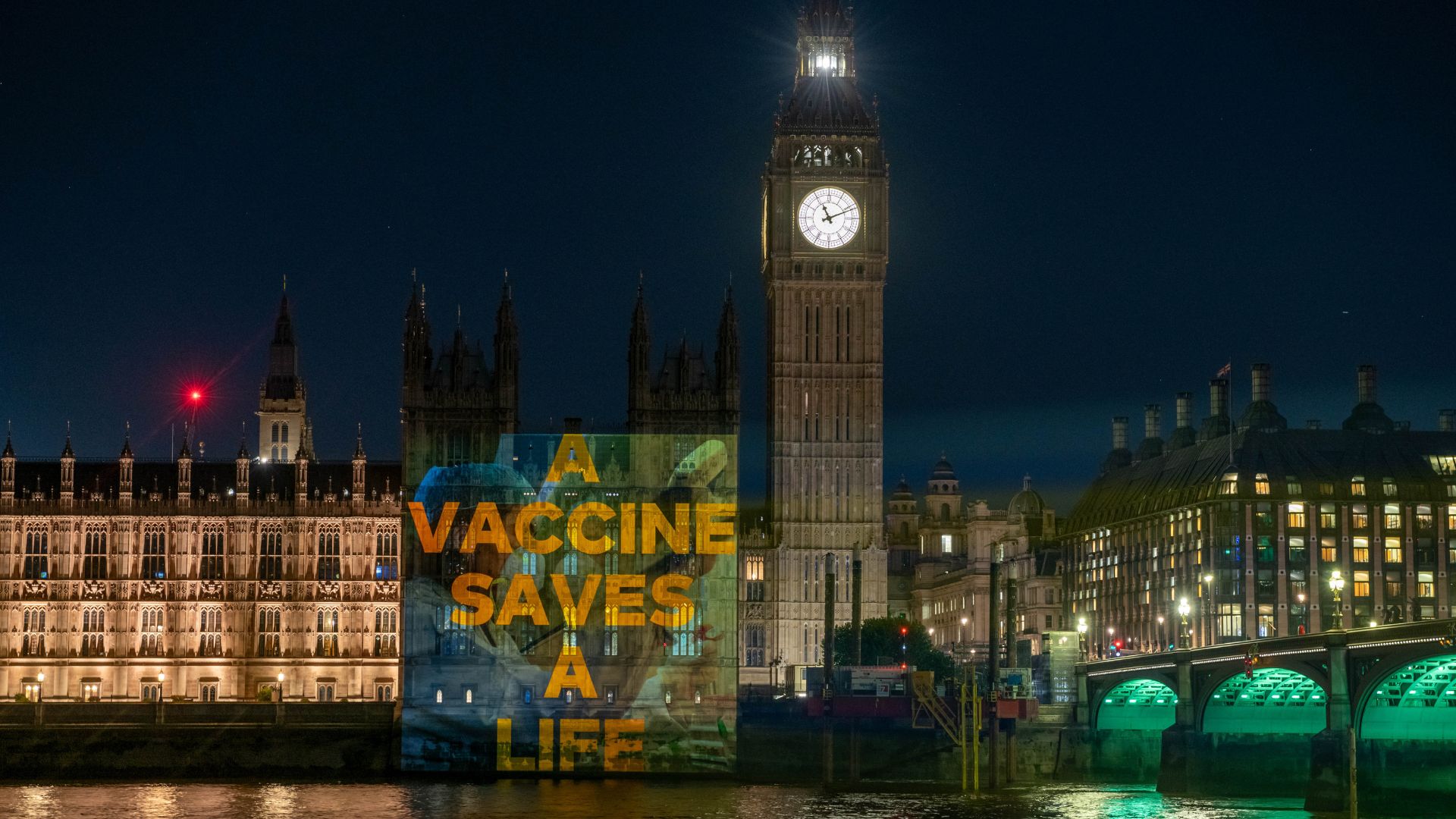Last week, the Palace of Westminster and Tower Bridge lit up with a message no one could ignore: Prime minister – renew funding for global childhood immunisations now.
Projected across two of London’s most iconic landmarks, the images called on Sir Keir Starmer and the UK government to renew the country’s world-leading support for Gavi, the Vaccine Alliance – a lifeline for millions of children globally.
At a time when preventable diseases are once again spreading in places where they were previously rare, and aid budgets are being slashed, millions of children are being left behind. Entire communities are at risk. And the UK – once a proud leader in global health – risks stepping back just when its leadership is needed most.
Read more:
- More and more poor children are missing school since Covid. Here’s how to get them back in class
- I’m a clinical psychologist. I know just how badly racism is damaging children’s mental health
- One in five parents of disabled children wait more than a year to be seen by social services
Later this month, on 25 June, world leaders will gather in Brussels for a major global summit to renew funding for Gavi. This represents a pivotal moment that could shape the future of childhood immunisation and determine whether 500 million children have access to life-saving vaccines by 2030 – a critical goal, especially as disease and pandemics know no borders.
If you haven’t heard of Gavi, you’re not alone – but its impact is hard to overstate. Over the past 25 years, it has helped immunise more than 1.1 billion children and saved nearly 19 million lives. It has played a vital role in containing deadly outbreaks, integrating nutrition services and improving pandemic preparedness, protecting not only the world’s most vulnerable children but also public health here in the UK.





